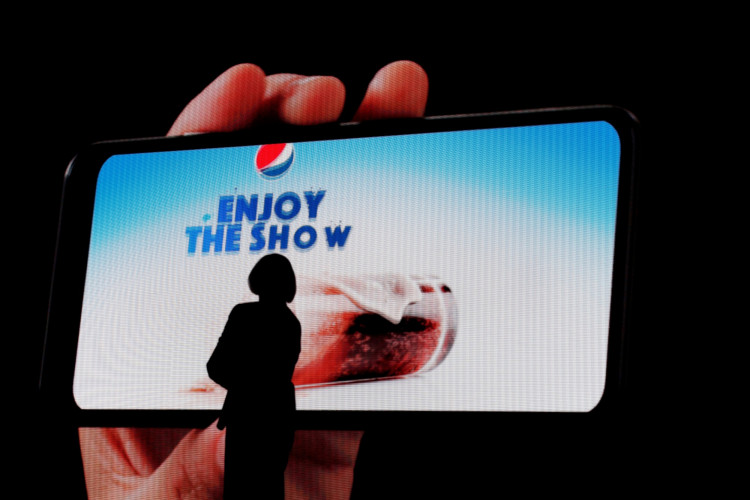After just six months California-based short-video streaming platform Quibi is shutting down. Just like the content on its platform, the company's attempt to become the next TikTok was short-lived.
According to the company, which was founded by Jeffrey Katzenberg and led by Meg Whitman, it had already exhausted all options. Given its stunted growth and lack of opportunities to generate profits, the company said that it has now decided to return all remaining cash to investors and liquidate its assets.
"We started with the idea to create the next generation of storytelling and because of you...so it is with an incredibly heavy heart that today we are announcing that we are winding down the business and looking to sell its content and technology assets," Katzenberg and Whitman mentioned in a statement.
Katzenberg originally launched the mobile-only platform in April. Similar to TikTok and Facebook Stories, Quibi allowed content creators to publish short videos that can be shared with the public or other users. Unlike its counterparts, Quibi was marketing itself as a platform for "big-budget" short video productions.
Before its launch, Quibi had received significant backing from major domestic and international investors. In its initial funding round, the company raised nearly $2 billion from investors such as Disney and China's Alibaba Group. The company also got top talents, such as actor Jennifer Lopez and award-winning director Steven Spielberg, to create content for its platform.
The company's decision to launch amid a global pandemic and the lack of consumer interest to pay for "big-budget" short videos had spelled doom for the platform. Consumers, who were stuck at home during the pandemic, were mainly attracted to long-form video and content from traditional streaming services.
"The fundamental problem the service was meant to solve (needing a new service for on-the-go, short-form, paid premium video) was proven fairly insignificant in 2020," analysts at CNN Business had noted.
Katzenberg had stated during the platform's launch that he believed that "quick-bite, super-premium Hollywood-quality content" will be a hit with viewers and those stuck at home in quarantine. Unfortunately, the opposite had happened.






